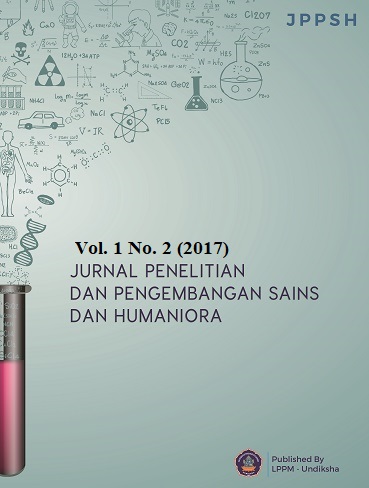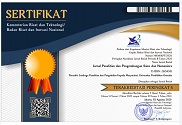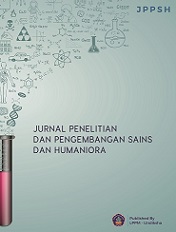Kesetaraan Gender danPergulatan Status SosialWanita Bali dalamKonstelasiPolitikPraktis
DOI:
https://doi.org/10.23887/jppsh.v1i2.12933Keywords:
political educatio n, balinese women, gender equality, practical politicsAbstract
This study aims to examine: the profile of Balinese women in practical political constellation, the draftmodel of gender-based political education, models for women in politics, scientific articles published in accredited
journals. The research was analyzed by using descriptive qualitative analysis technique, and statistic analysis. The
conclusions of this research, namely: 1) the role of political participation of women tends to be low. (2) Th e position
and participation of women in political activity is highly marginalized. (3) The climate and communication patterns
of family life, culture, official villages, and schools do not support the process of political education for indigenous
women to achieve improvement. (4) Indigenous village as the highest symbolism in the level of indigenous peoples
structurally has not done any real activity in relation to political education on women. (5) The process of forming
Indonesian civil society, in relation to the objectives and characteristics of indigenous peoples of indigenous Balinese
villages, is quite relevant in creating a gender equality climate.
Downloads
Published
2018-01-11
Issue
Section
Articles
License
Authors who publish with the Jurnal Penelitian dan Pengembangan Sains dan Humaniora agree to the following terms:
- Authors retain copyright and grant the journal the right of first publication with the work simultaneously licensed under a Creative Commons Attribution License (CC BY-SA 4.0) that allows others to share the work with an acknowledgment of the work's authorship and initial publication in this journal.
- Authors are able to enter into separate, additional contractual arrangements for the non-exclusive distribution of the journal's published version of the work (e.g., post it to an institutional repository or publish it in a book), with an acknowledgment of its initial publication in this journal.
- Authors are permitted and encouraged to post their work online (e.g., in institutional repositories or on their website) prior to and during the submission process, as it can lead to productive exchanges, as well as earlier and greater citation of published work. (See The Effect of Open Access)










